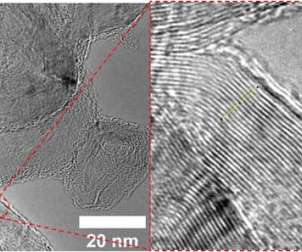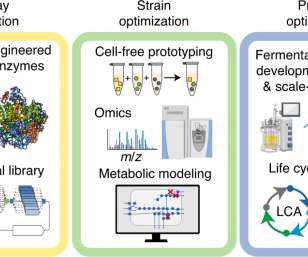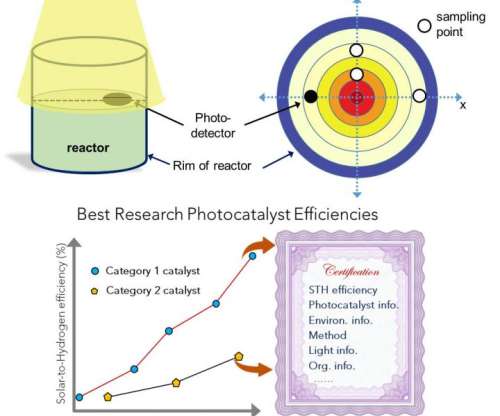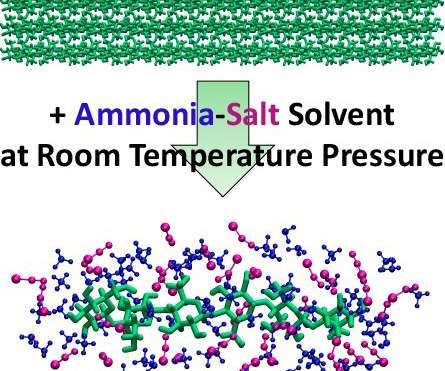Rice, C-Crete team optimizes conversion of tire waste into graphene for stronger concrete
Green Car Congress
APRIL 5, 2021
Rice University scientists and their colleagues at C-Crete Technologies have optimized a process to convert waste from rubber tires into graphene that can, in turn, be used to strengthen concrete. After useful oils are extracted from waste tires, this carbon residue has until now had near-zero value, Tour said. 2021.03.020.




































Let's personalize your content